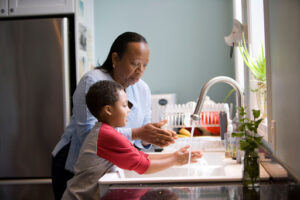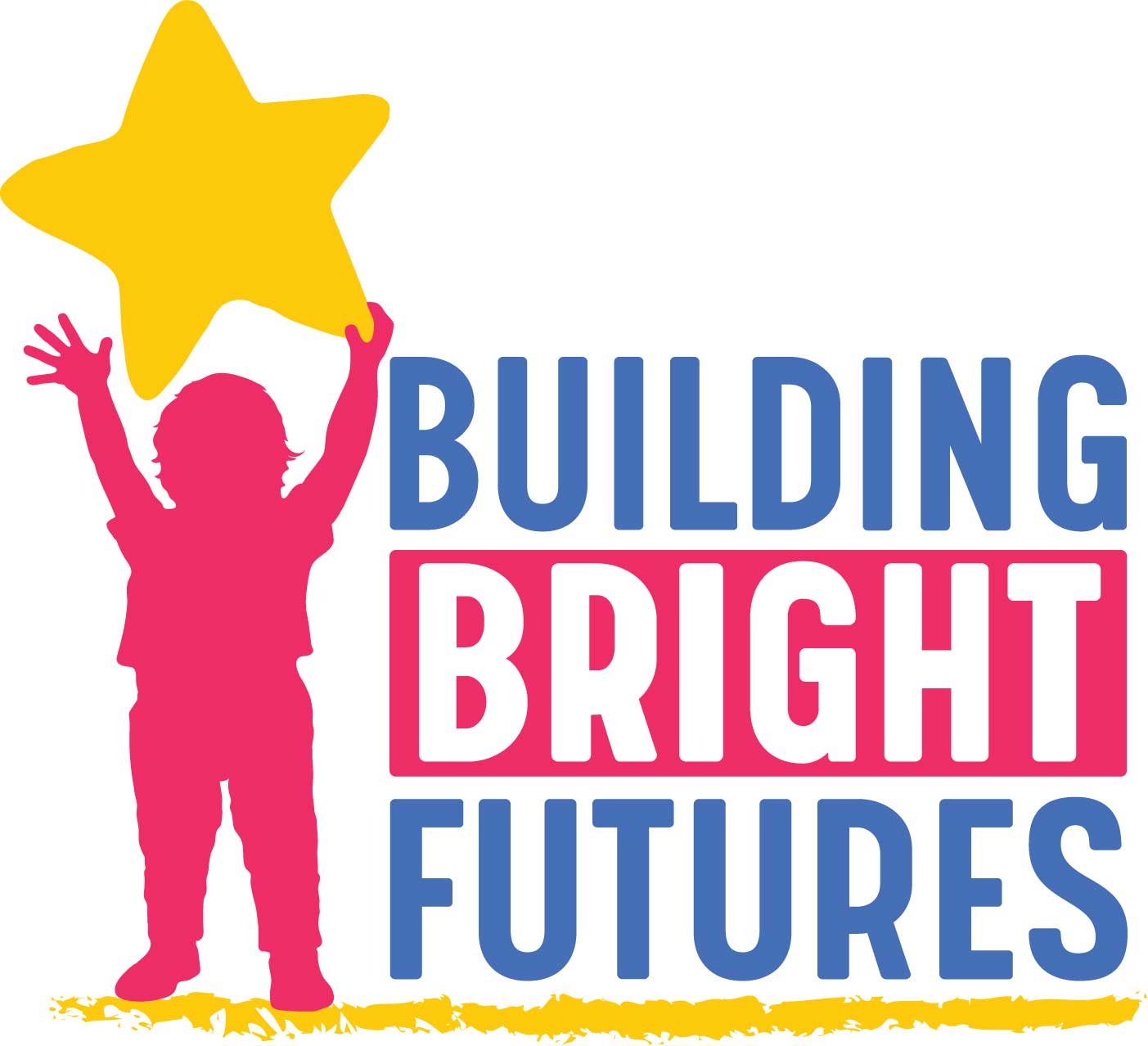Developmental Understanding and Legal Collaboration for Everyone (DULCE) is transforming the way young families experience their doctors visits and their healthcare in general in a growing number of communities in Vermont. DULCE was featured at the ECAP Summit earlier this year and is expanding to several additional communities this fall.
DULCE is an innovative intervention based in the pediatric care setting that proactively addresses social determinants of health, promotes the healthy development of infants, and provides support to their parents, all during the precious and critical first 6 months of life. DULCE does this by introducing a Family Specialist trained in child development, relational practice, and concrete support problem solving into the pediatric care team. Family Specialists attend well-child visits with medical providers and families. They get to know the families, provide peer support, and then work with the DULCE interdisciplinary team to connect families with resources and support.
The DULCE interdisciplinary team is comprised of a Family Specialist, a medical provider, a legal partner, an early childhood representative, a mental health representative, a project lead, and a clinic administrator. Together, they can connect families to critical supports and reduce their stress, thus giving families more time and energy to bond with and care for their new child. Many conditions contribute to stress, including poverty, inadequate housing, and lack of adequate nutrition, all of which are more likely to impact families with low income, families of color, and immigrants. DULCE seeks to address these disparities by utilizing community health models, accelerating access to justice, and advocating for systems change, all based on families’ needs.
The DULCE model was first replicated and evaluated in 2016 in five Early Childhood Learning and Innovation Network for Communities (EC-LINC) communities as a component of their local early childhood systems. One of the early instances is the DULCE program took place in the Lamoille Valley at Appleseed Pediatrics and the Lamoille Family Center.
The Lamoille Family Specialist is Jenn Chittick — Family Specialists are the linchpin of the DULCE initiative, acting as a conduit between the family and the medical, legal, and early childhood systems. This profile is a celebration of the Family Specialists’ dedication to and passion for supporting infants… here are a couple of questions and answers with Jenn!
What’s your favorite hobby or activity outside of work?
I try my best to create a life I do not necessarily need a vacation from, and to be successful in doing this, I need to pay attention to the needs of my soul. During the spring, summer, and fall months, I am the happiest tooling around on my bicycle. When I don’t want to face the elements, I enjoy losing myself to my art. I have an online business in which I make dolls using polymer clay. These dolls are fetal models that range in the ages of six to 24 weeks gestation, and they are used educationally and for families that have experienced prenatal and perinatal loss. I’ve been creating these pieces for 12 years and, to date, I have made over one thousand.
Why did you want to be a Family Specialist?
When I read the job description, I had an idea in my mind, a fantasy almost, of what it would be like. I was really intrigued. I knew Scott Johnson, Executive Director of the Lamoille Family Center, through previous employment, and so I called him and asked what the DULCE position was. He described it and it was exactly what I had in my head, which NEVER happens! I was going back to my roots—I started my career in human services seven years ago in Lamoille County and had done an internship at Lamoille Family Center, so I had lots of connections in the area. It felt like I was returning home.
In what ways do you see your work impact families?
My overall goal is to create a space and relationship where the family feels relaxed, supported, and can open up. It can be hard to have those difficult conversations, but when you feel supported, you are more apt to allow people into the scary parts of your world. It’s really about the human connection. And it’s beyond just the Family Specialist and families; it benefits the doctors and everybody else in the clinic. If I’m successful in engaging parents and establishing trust, then I’ve paved the way for that family to be more open with other providers and systems of care.
Thanks for the help from the Center for the Study of Social Policy!





